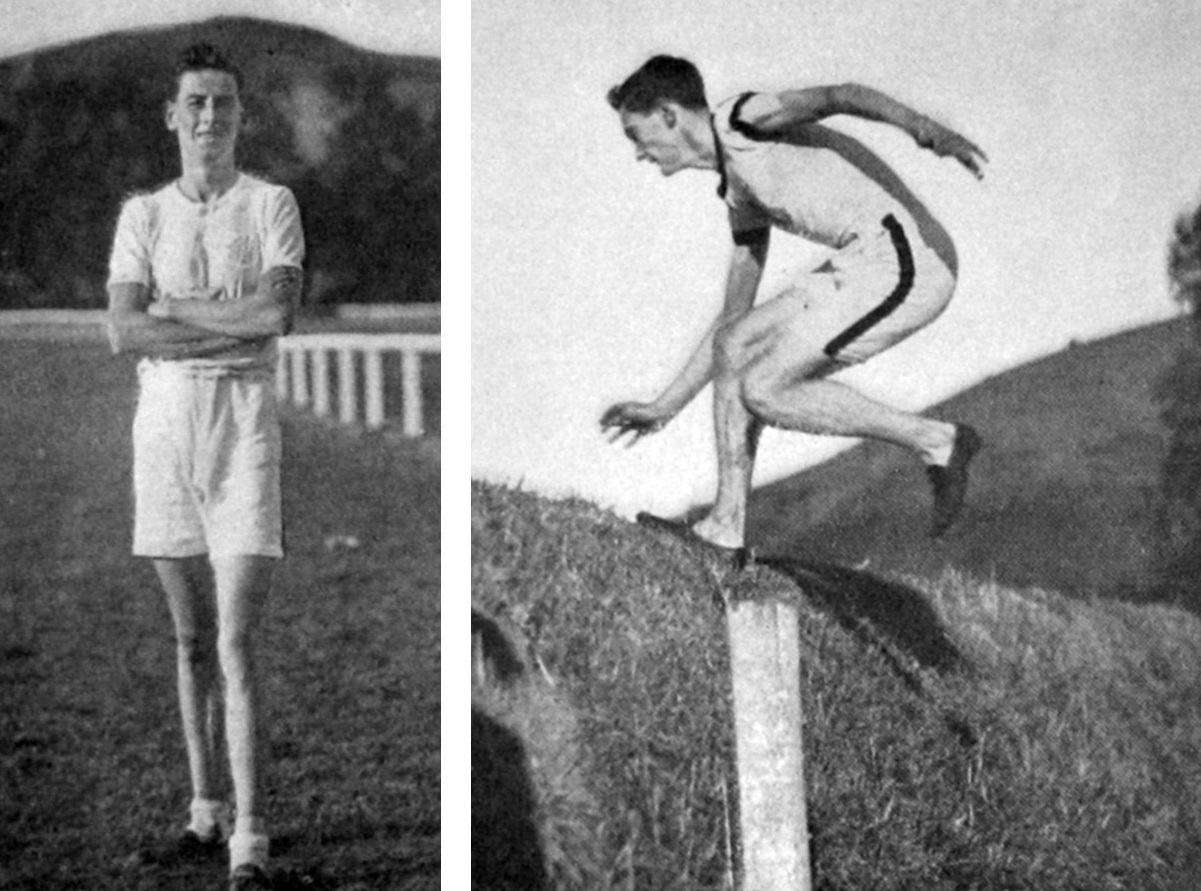
The race resolved itself into a stirring duel between Brown (Civil Service) and Tapp (Caversham), and they led the field from start to finish. Tapp made the pace all the way, and was always a little ahead of Brown until the last half-mile. In the course of the last round the spectators were quite excited over the prospect of a good finish.

The first to appear on the scene was Tapp, doggedly plodding his way through Bow’s paddock to the course proper. Only ten yards behind came Brown, running with a beautiful easy action. Lengthening his stride Brown ranged alongside Tapp almost immediately they were in the course proper. Tapp, like the gallant fighter he is, answered the challenge with a determined spurt. Brown was finding it quite difficult to beat Tapp for the lead. Stride for stride they fought to win the championship. Tapp stuck to Brown in great style, but it was only after a prolonged duel that Tapp was seen to ease up, falter, and finally stop to a walk. Brown kept going, and ran on down the straight a good winner. He was glad to ease up a bit at the finish. Meanwhile Tapp, mustering his almost spent resources, strode home a good second. He was beaten by a better man after making the pace all the way, and then disputing the question at the business end in a manner which made him at once the idol of the crowd. He thoroughly deserved the great reception he got.
E.L. Brown, the winner, gave a fine exhibition of distance running, and seems to be the champion we have been looking for.
— by ‘Amateur’
NZ wins two league tests
The New Zealand League team defeated the English League team by 16 points to 8 at Carlaw Park on Saturday afternoon in the presence of a large crowd. It was the first of the three test matches in connection with the Englishmen’s dominion programme.
Wellington, August 6: New Zealand defeated the English League team to-day. It was a last minute victory. The final score was New Zealand 13, England 11.
Should council build houses?
We are prepared to believe with Mr James Fletcher, who interestingly discussed the subject of housing in a public address this week, that the City Council has no definite policy for the relief of the present shortage, whatever the dimensions of that shortage may be. But it is a somewhat large assumption on Mr Fletcher’s part that it is the duty of the Council to build houses to repair the shortage.
It is, as we know, within the province of the Council to enter upon housing schemes if it considers such a course necessary, but the view that it is incumbent upon it to do so is at least disputable. If the Council undertakes a housing programme, it will be because private enterprise has not supplied houses — or "suitable houses", as Mr Fletcher would say — in sufficient numbers to meet the demand.
Mr Fletcher admits that the failure of private enterprise in this respect can be explained in only one way, namely, that the erection of houses constitutes in present circumstances an unattractive form of investment. The question really, therefore, narrows itself down to this: whether any duty lies upon the City Council to commit itself to a scheme upon which private individuals hesitate to embark and boldly to hazard a loss which would have to be borne by the ratepayers as a whole.
— editorial
— ODT, 7.8.1924 (Compiled by Peter Dowden)












